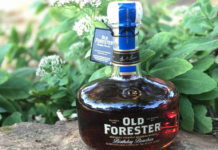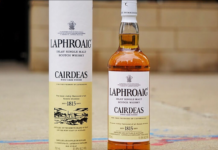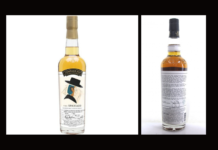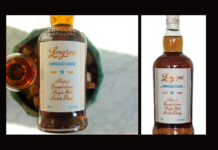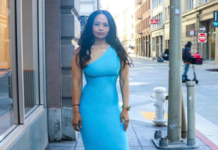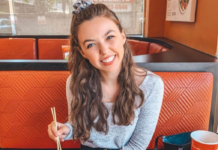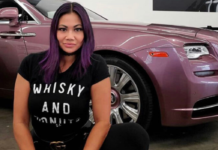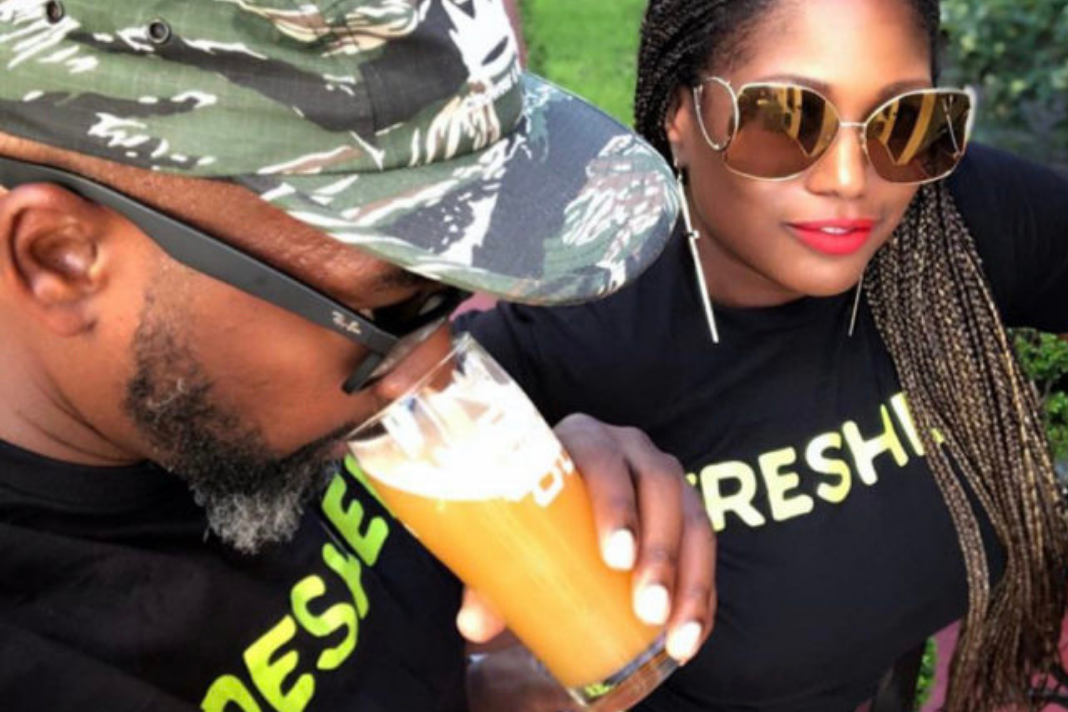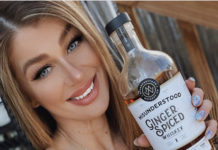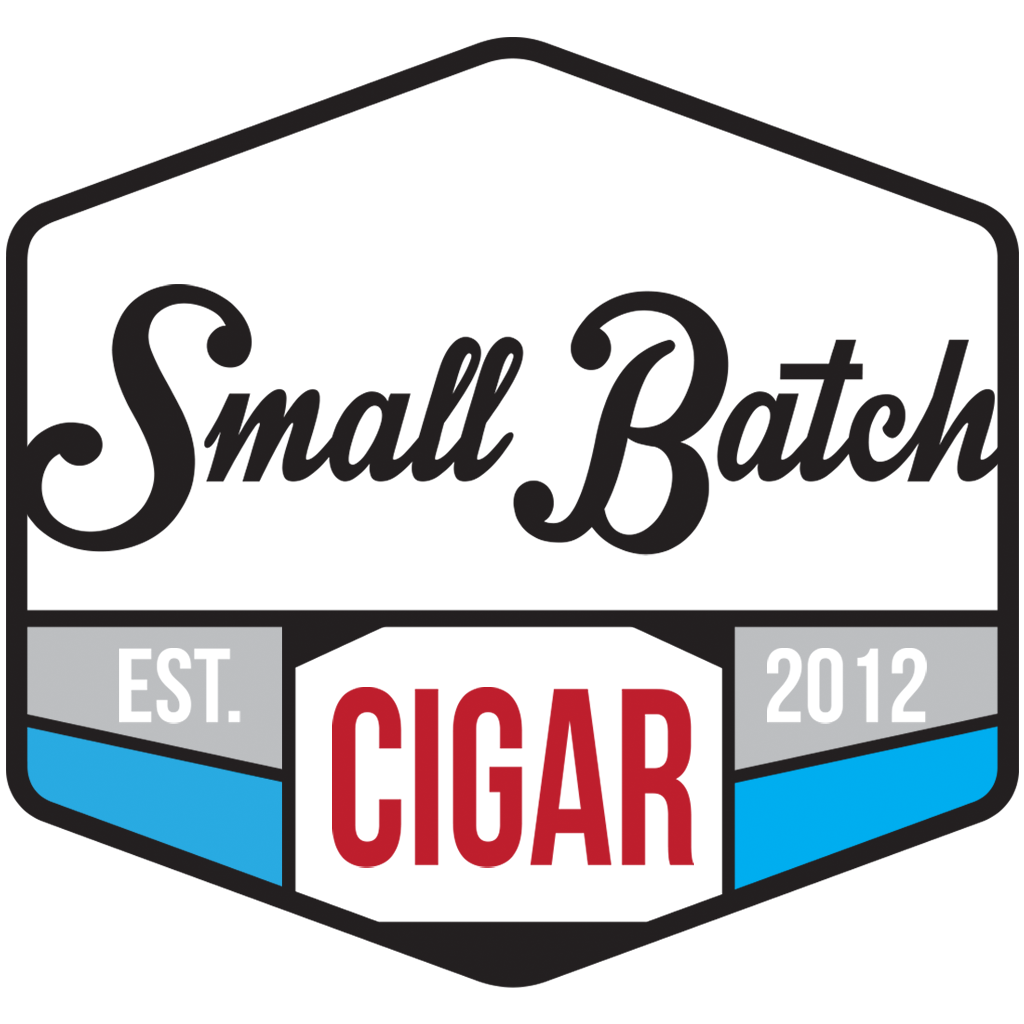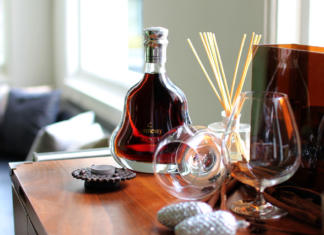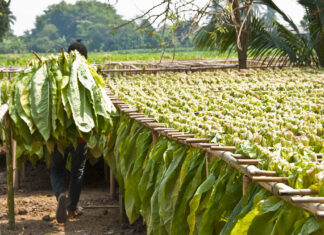When you sit down with the people changing the scope of an uneven playing field you learn a lot about community. We sat down and spoke to Beny and Teo, the founders of the Crowns and Hops craft beer. What grew from their unity and love for each other, spread across communities and brought like-minded beer lovers together. Follow them on their story via Instagram.
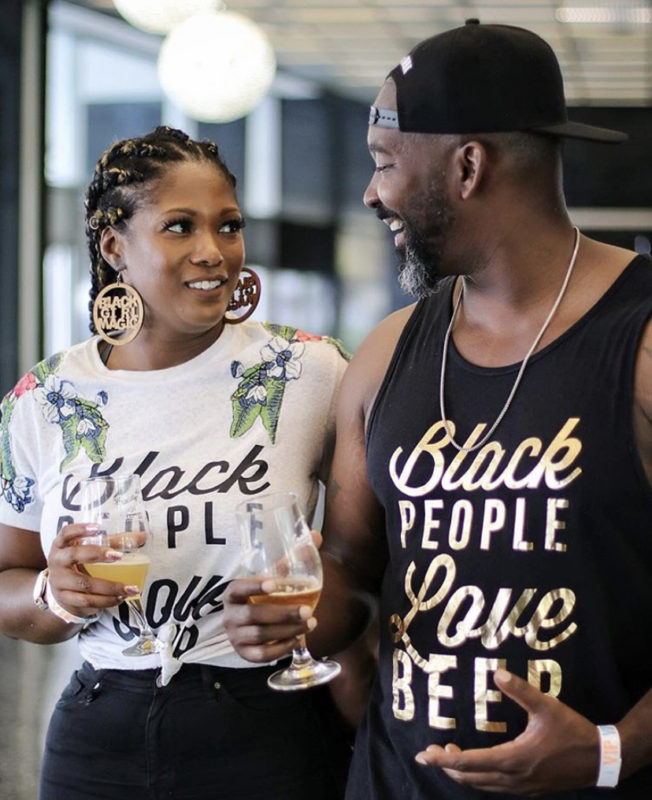 Teo and Benny, please tell us a little about yourselves. What were you up to before starting up Crowns and Hops?
Teo and Benny, please tell us a little about yourselves. What were you up to before starting up Crowns and Hops?
Beny: I spent most of my career in marketing, brand strategy development, and creative development. I produced TV commercials for 12+ years, then Beats By Dre moved me to LA where I helped build their internal creative time. From there, while also building Dope & Dank (at the time) on the side, I worked as a Director of global creative services for Sonos and as a Director of Accounts in large scale event activation.
Teo: I’m an Army Veteran and father of 3 daughters. I had a career in creative production for the entertainment industry working with Universal, Paramount, and Fox. I had transitioned to sales in creative production and got burned out. I quit my job and worked as a cellar person at Los Angeles Ale Works in Hawthorne, CA which further fanned the flames of our mission to build our brand and our community of dope in craft beer.
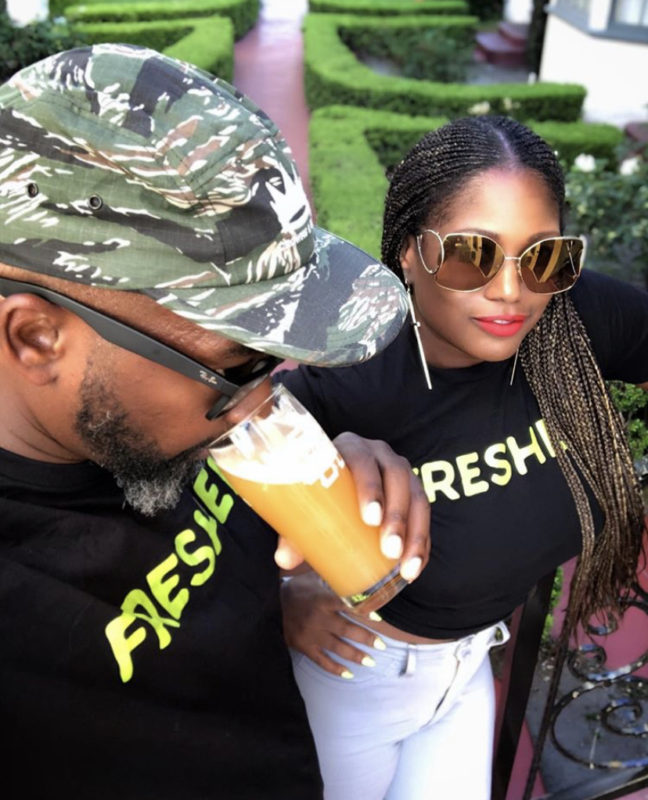 What was the vision behind Crowns and Hops and how did you turn the vision into a reality? Also, tell me about the name “Crowns and Hops”.
What was the vision behind Crowns and Hops and how did you turn the vision into a reality? Also, tell me about the name “Crowns and Hops”.
Beny: Crowns & Hops was basically the physical manifestation of our Dope & Dank craft beer lifestyle brand. We realized after spending 5+ years curating craft beer experiences and content, often asking permission to use other people’s spaces, that it was time for us to have our own space.
Teo: The name “Crowns & Hops” is intended to remind people, specifically communities of color, that they’re deserving of the very best. For generations, big beer has targeted Black and Brown people to drink the worse beer on the planet. You would never see a King or Queen on their throne with a 40 oz, right? In addition, we left one of the more influential ingredients in the name to remind people that not everyone knows the basics of beer and should always remember to educate the community. Otherwise, we risk alienating good people who enjoy premium products who simply may not be aware of them.
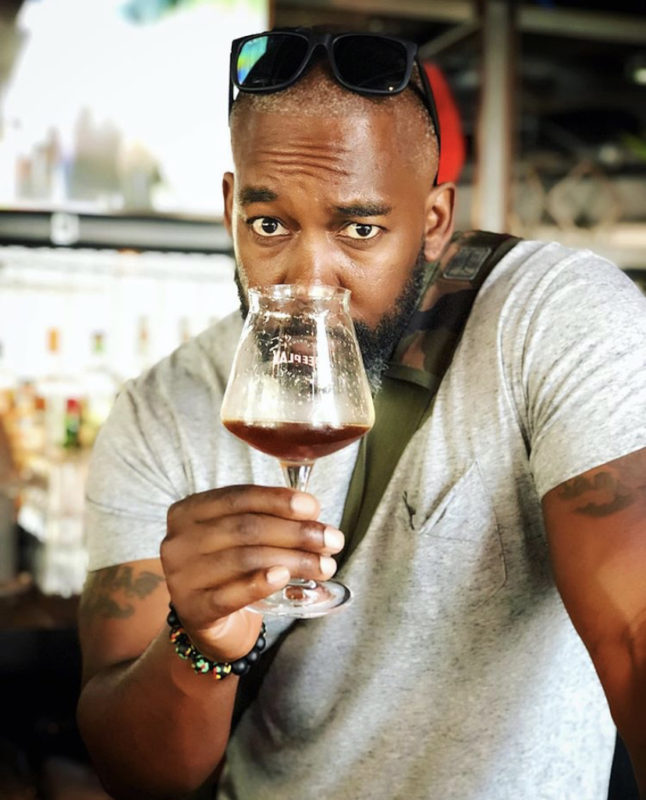 When did you both fall in love with beer and what made you decide to turn it into a career?
When did you both fall in love with beer and what made you decide to turn it into a career?
Teo: Around ten years ago, a friend of mine left a Rogue, Dead Guy Ale in my cooler after band practice. Not really being familiar with the art on the label or the style of beer, I gave it a try. It changed everything. After years of seeking out craft beer and breweries I realized that more often than not, I was the only person of color in the establishment. When Beny & I began dating, she and I saw this disparity as an opportunity to use our skills of storytelling and creative production to help solve the problem. In solving the problem, we address gentrification, a new relationship with people of color and alcohol and cultural ownership in craft beer where there is very little representation.
Beny: When we first started the business we were dating, so my appreciation for beer was by default, LOL. Like all good girlfriends, I learned to love what he loved. But honestly, it wasn’t long before I started to see the beauty in craft beer and saw that there was a real positive lifestyle and community that I wanted to be a part of. As I explored more beer styles and understood how complex craft beer can be, I grew to love it!
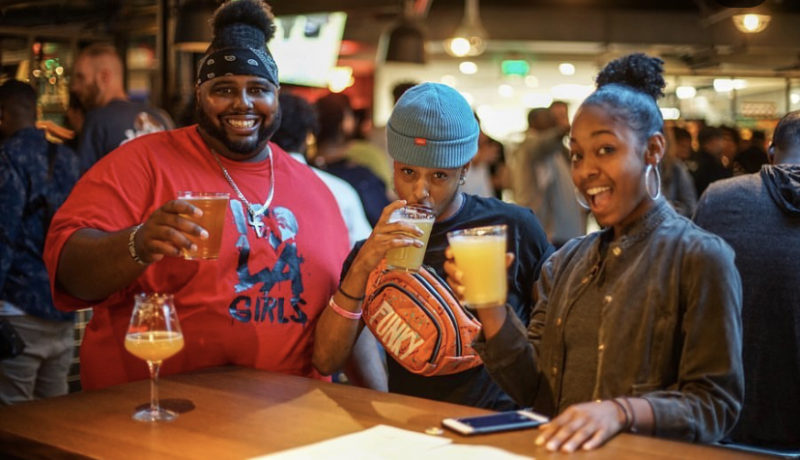 Who are you targeting as your primary drinker?
Who are you targeting as your primary drinker?
Teo: We are targeting those who have never had independent premium craft beer introduced to them. You have to consider the fact that big beer has kept people of color in a box advertising terrible beer to the community for generations. Traditionally, independent craft brewers don’t have budgets to market outside of friends, family and those who are already familiar with the product. The problem lies when independent craft brewers take space in black and brown communities, importing a culture that is often unfamiliar to the preexisting community. Less than we are “targeting”, we’re mass sharing the world of craft beer.
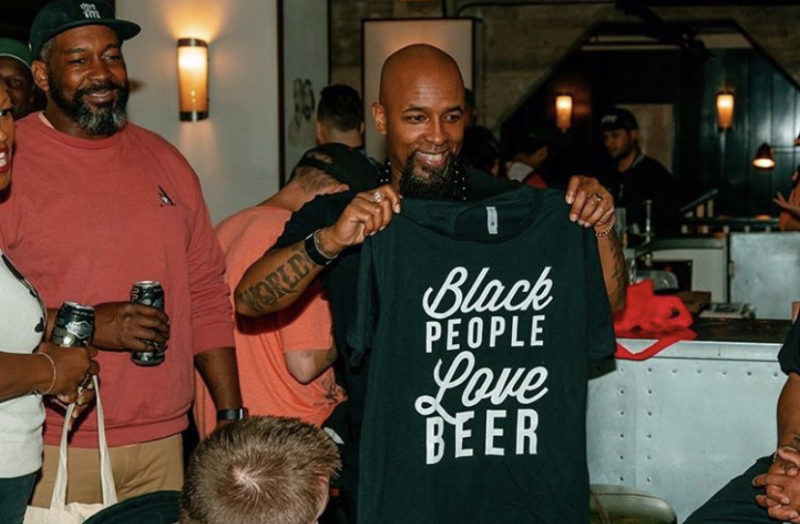 As you may know, the beer industry like many other spirits industries suffers from a lack of diversity as well as the lack of women. What are you looking to do to promote a positive change in the industry? What is it about the beer industry that is so inclusive?
As you may know, the beer industry like many other spirits industries suffers from a lack of diversity as well as the lack of women. What are you looking to do to promote a positive change in the industry? What is it about the beer industry that is so inclusive?
Teo: We are looking to empower our community and curate the narrative. For generations, the narrative within beer & spirits has been controlled by white men. When the contribution of Black and Brown people is deliberately left out, it’s obvious to understand why the industry lacks diversity. Look up the story of Uncle Nearest. Craft beer is a community. Independent craft beer says be yourself and reflect who you are, the values you celebrate and your community will find you. Our goal is to be the community in craft beer that has not existed for generations. A true authentic voice in craft beer that showcases Black and Brown excellence with world-class craft beer. Homogamy has never been the winning hand in craft beer. Variety, exploration, and evolution is the name of the game.
Beny: I know so many women of color who would absolutely LOVE a goose or a sour, but have no idea these styles of beer exist. All that is required to truly expand the community is the offer of a pint and have space where people feel comfortable to explore new things. We will be able to offer both of those things in our brewpub in Inglewood.
What is the inspiration behind the ingredients you use to brew with?
Teo: Tradition with OUR signature. Nostalgia. Flavor. Complexity. Dope fucking beer.
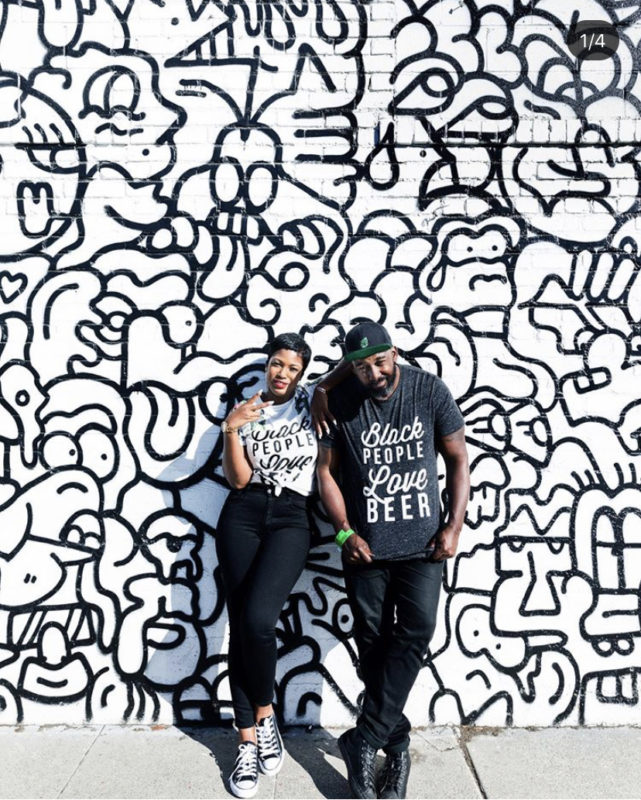 What are some of your favorite styles of beer?
What are some of your favorite styles of beer?
Teo: Bright, hoppy and bitter double IPA’s. A crisp Italian Pilsner. A dry stout with a medium body having complex layers of roastiness. Give me a flight of these beers any day.
What are some things that you absolutely love about the beer industry?
Beny: I fell in love with the community. Teo took me to the Stone Brewery Garden in Escondido and I was blown away. There were so many families with children and groups of friends just hanging out. I had no idea that spaces like this existed. I immediately felt the desire to create these same safe communal spaces for diverse communities, who like myself, were being left in the dark.
Teo: I love the camaraderie and desire for each other to win. To see brewers offer their ingredient, time and resources to aid another brewery in need is amazing. At the industry’s core, it’s entrepreneurs helping entrepreneurs make their dreams come true. We’re excited to be included in this community.
Any challenges you’ve faced in this industry?
Teo: The belief that achieving true diversity was impossible. It used to blow us away that even our closest friends in the beer industry thought it was too much of an uphill battle. It was a bit discouraging at first, but Beny & I vibrate entirely too high to let negatively or naysayers dictate our trajectory. We’ve always known that our community would celebrate premium options if introduced to it. Beny and I are just one loud ass invitation to explore the world of craft beer.
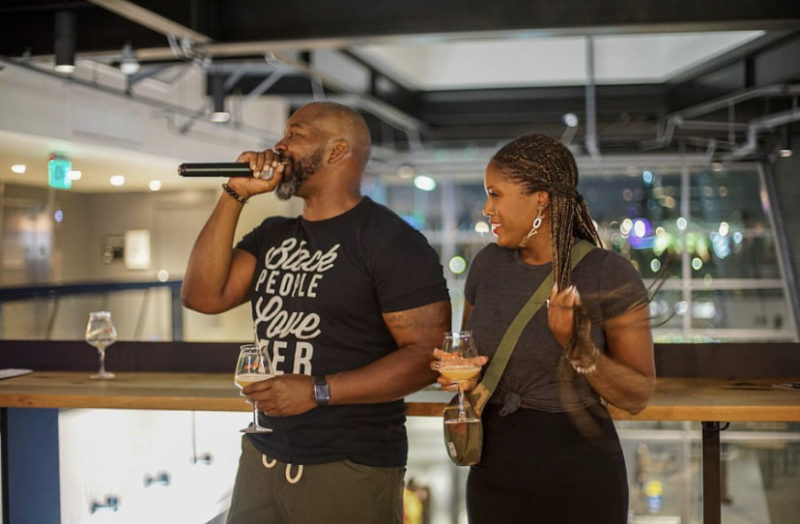 What would you like to see change within the industry?
What would you like to see change within the industry?
Beny: I would love to see more black women in craft beer. Currently, there are very little black women in ownership, working in the brewery or simple patrons. I believe there is a whole layer of delicious flavors in craft beer that black women would love. We just have to break the false understanding of what “beer” is, i.e. traditional big beer!
Any words of advice or encouragement for anyone else like you coming into the industry?
Teo: The beer industry overall using the culture of the Black and Brown community to sell beer despite the culture being absent in their businesses. Never playing Hip-Hop in your taprooms then all of a sudden using a pun, imagery or lyrics from legendary artist to sell beer is ridiculous.
How has Social Media helped you grow your brand awareness?
Beny: Social media is the #1 reason we became the global brand we are today. We knew the best way to reach people and disrupt the conversation was through social media. We launched our #Blackpeoplelovebeer hashtag immediately, with hopes it would start conversations and attract those who could relate to the message. We’re proud to have contributed to a major catalyst for diversity and inclusion for this industry.
Teo: We wanted to send a message to those Hip-Hop Heads that love independent craft beer, community, and culture, that they have a community in this industry. It’s easy to identify the cowboys, the punks, rockers, etc. With social media, for the first time, dope culture has a home in craft beer.
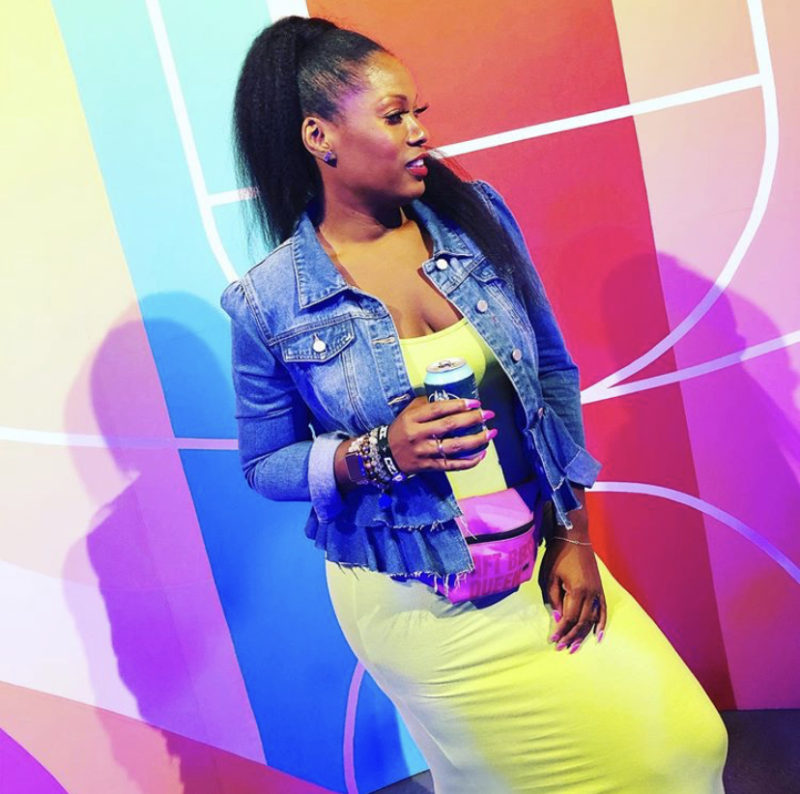 Anything else you both would love to share with our readers?
Anything else you both would love to share with our readers?
Teo: Crowns & Hops isn’t about tearing down what here, rather it’s about building what’s missing. This evolution in craft beer is a win/win for all sides. By next year, the Brewers Association is forecasting more than 9,000+ breweries. If the industry continues to all look the same, many breweries are sure to fail. Variety in the industry only inspires exploration and the discovery of more ways to produce incredible craft beer. Let us show you how.





